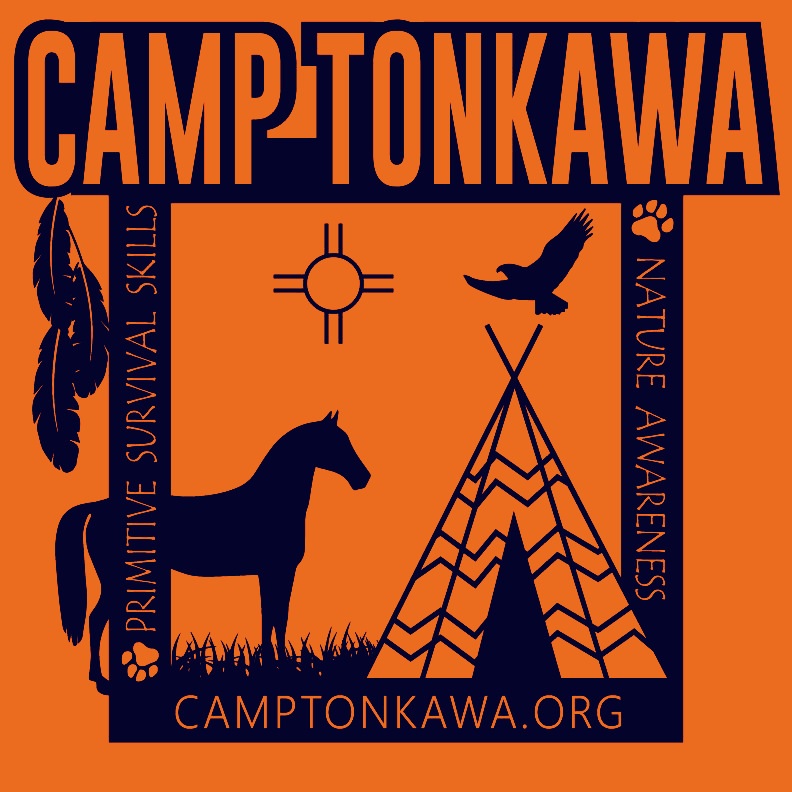Arbor Day Celebration
Arbor Day in Texas is The First Friday in November
Earth Day should be Every Day; it’s always a great time to plant trees. Officially it is April 22.
Upcoming Dates: TBD
This can be set up as a Class Field Trip or for Scout Troops working on Woods / Forestry Badges.
Cost: Free with Tree Donations / $5 per person without Trees
A FAMILY TREE can be donated but for larger trees get your scout troops, homeschool groups, and school classes to all pitch in.
Feel free to donate any time of the year. Ask us for a Donation Letter.
The following agenda can be scheduled for Field Trips, private schools, public schools, and homeschooled groups.
10 am - 3 pm (or whatever works best for your group)
10:15 - Welcome to our woods. Thanksgiving to the TREES!
10:30 - History of Arbor Day
Songs
11:00 - HUG A TREE - wilderness survival technique
11:30 - How Old is that tree? How tall is that tree?
Story Time: Great Books about Trees and Nature
12:00 - Picnic Lunches (bring your own)
12:30 - How, where, and when to Plant a Tree
1:00 - Tree Planting Begins
Nature Poetry - We would love your contributions, a special poem you like or wrote yourself.
Camp Director Chipco (means: Tree Hugger) asks for tree donations. Her goal is to raise trees of many varieties to eventually use as teaching tools at the camp. So when we learn about the Catalpa we can someday climb in her branches, put the flowers on our fingertips, and watch the caterpillars defoliate it while providing us with fish bait. This is just one example of what we could do with one tree. We love the Post Oaks, Cedar Elm, and Juniper Red Cedars that forest the woods at the camp but we ask families, scout troops, school classes, homeschool groups, and other groups to ADOPT A TREE of different varieties. We can suggest some varieties and hope you will purchase them and then plant them at the camp. Trees planted in the pasture areas will also need protective rings built around them to protect them from being eaten by the horses.



